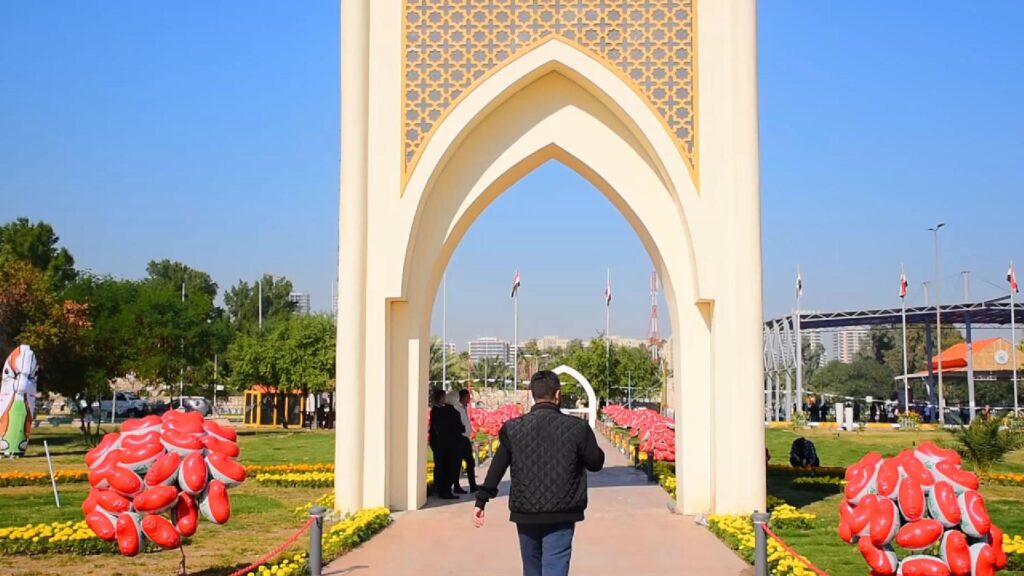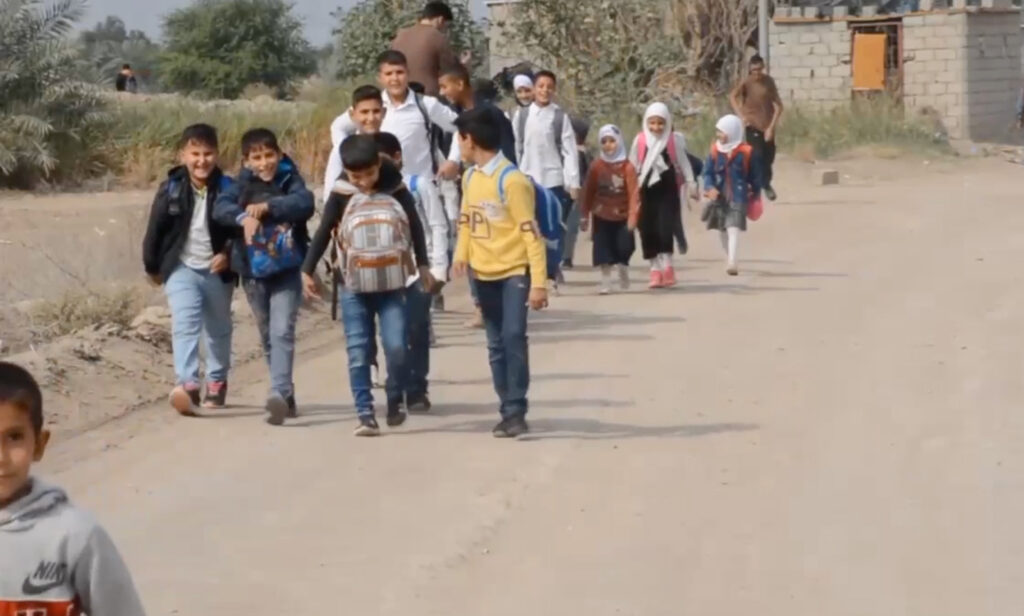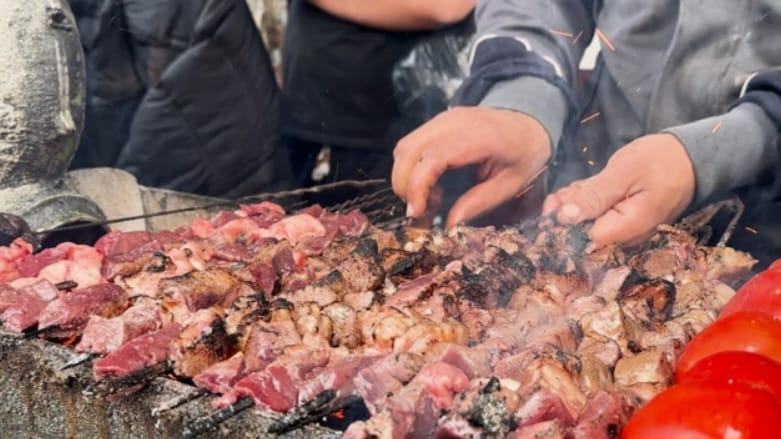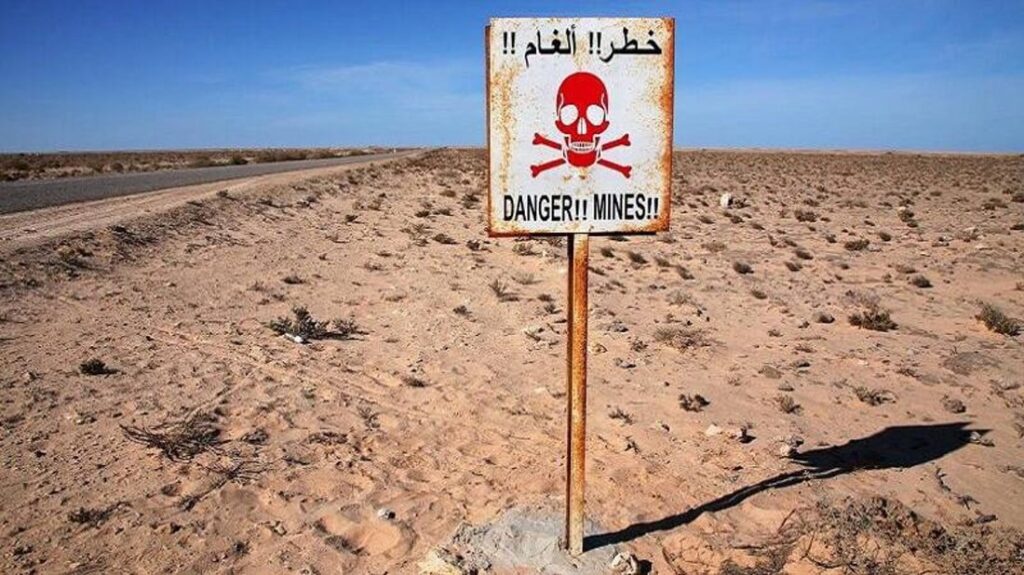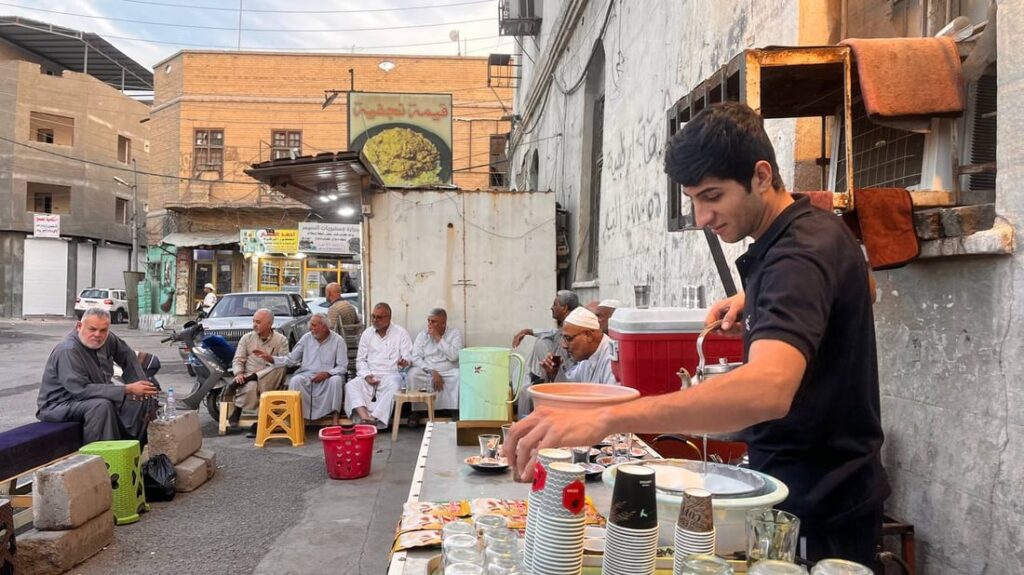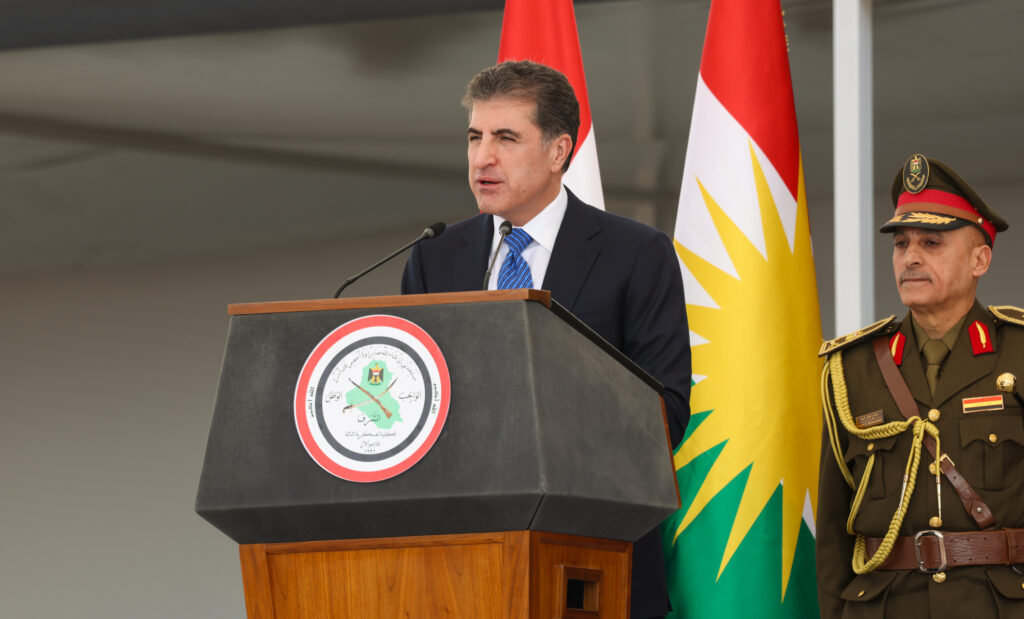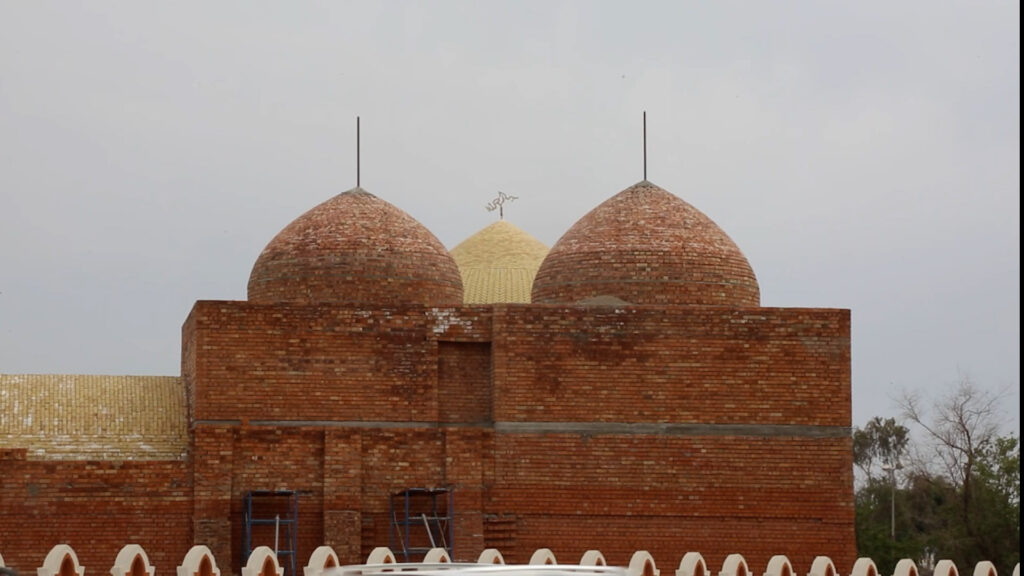Peshmerga to receive more equipment, as cooperation continues: Coalition Spokesman

WASHINGTON DC (Kurdistan 24) – “Soon we will provide Peshmerga forces with more than 100 armored Humvees, mortar systems, and other weapons systems,” Col. Myles Caggins, Spokesman for the US-led Coalition, formally known as Combined Joint Task Force-Operation Resolve (CJTF-OIR), told Kurdistan 24, after his press briefing in Erbil on Tuesday.
READ MORE: US-led coalition: We’re committed to the Kurdistan Region and the Peshmerga
“The Coalition has divested millions of dollars of equipment to Peshmerga forces at training sites and also for operations,” he explained. The Peshmerga should be “the best equipped and best trained force to face any threats in the Kurdistan area, including ISIS,” he affirmed.
“This will continue to endure, as long as we have our strong partnership and cooperation” among “the Coalition, the United States, and the Kurdistan Government,” Caggins added.
“We have a couple of thousand soldiers here,” the Spokesman noted. “They bring special expertise in training and advising on infantry tactics, battlefield medicine, urban combat operations, and all of the skills that have been requested by the Peshmerga.”
Caggins stressed the importance of the Coalition’s efforts to promote reform and unity within the Peshmerga. As that continues, he said, “we will continue our partnership with them, and through those reforms,” there will be “more opportunity for the Coalition to divest equipment and additional aid to the Peshmerga.”
Caggins hailed “the Peshmerga and the people of Kurdistan” as “the first to stand up” against the Islamic State and win “battlefield victories” against it.
Indeed, in the summer of 2014, as the Islamic State swept into Iraq from Syria, where it had established itself in the midst of that country’s civil war, the Iraqi army in Mosul collapsed, with the so-called Islamic State further empowering itself, as it seized the military equipment that the soldiers left behind.
Indeed, so dire was the situation then that the Baghdad government asked the Kurdish leadership to protect Kirkuk—which the Peshmerga did, stepping in to defend the city and saving it from the ravages of the terrorist organization.
Caggins repeatedly stated that no one should be complacent about the defeat of the Islamic State and significant work still needed to be done to prevent its resurgence.
“We know that Da’esh remains a threat in the Hamrin mountains, in the Nineveh plains,” he explained, in “Salahadin province and little islands on the Tigris River,” and we recently conducted airstrikes on Kanous island in Salahadin Province.
Iraqi Security Forces (ISF) call their campaign to “find and beat Da’esh remnants,” the “Will of Victory,” Caggins said, and the ISF will “continue those missions in the coming months.”
“We are hopeful,” he added, that “through our Coalition advisors, we are able to help the Peshmerga and the Iraqi Security Forces work together to ensure that ISIS remnants are beaten in the areas south of Kurdistan, along the mountains.”
Caggins put the demise of Baghdadi in a sobering perspective. “The Coalition” and “the world” should be “glad that Baghdadi is gone,” he said. “But before he was killed last weekend, he was seldom seen.”
“What kind of leader was that, anyway?” he asked.
Indeed, the “caliph” made only one public appearance in the four years in which he supposedly ran the caliphate: at Mosul’s al-Nuri Mosque in July 2014.
Ascending the pulpit of the historic, medieval mosque, Baghdadi announced the caliphate—and was never seen in public, thereafter.
As one Mosul resident, present at the time, recently told Reuters, “This strange man,” whom “we had never seen before, took the podium instead of our regular imam” and proclaimed himself caliph over millions of people.
“This extremist ideology still exists,” Caggins warned, as he explained that defeating it is far more than a military mission. It requires the “whole community,” he said. “It requires government” and “families” to “give young people hope” so they will not be drawn to destructive groups, like the self-styled Islamic State, but join more positive and purposeful organizations.
“It will take all of us to be involved,” he continued, “a total global commitment to that mission to defeat the ideology.”
For their part, Kurdish officials, have “stressed that the causes which led to the emergence of the Islamic State in 2014 have yet to be tackled.”
They seem to suggest that, in their view, the basic reason for the repeated emergence of Sunni extremist groups since the overthrow of Saddam Hussein’s regime is the lack of adequate representation of Sunni Arabs in the Iraqi government and their alienation from that ruling elite.
Wladimir van Wilgenburg contributed to this report.

